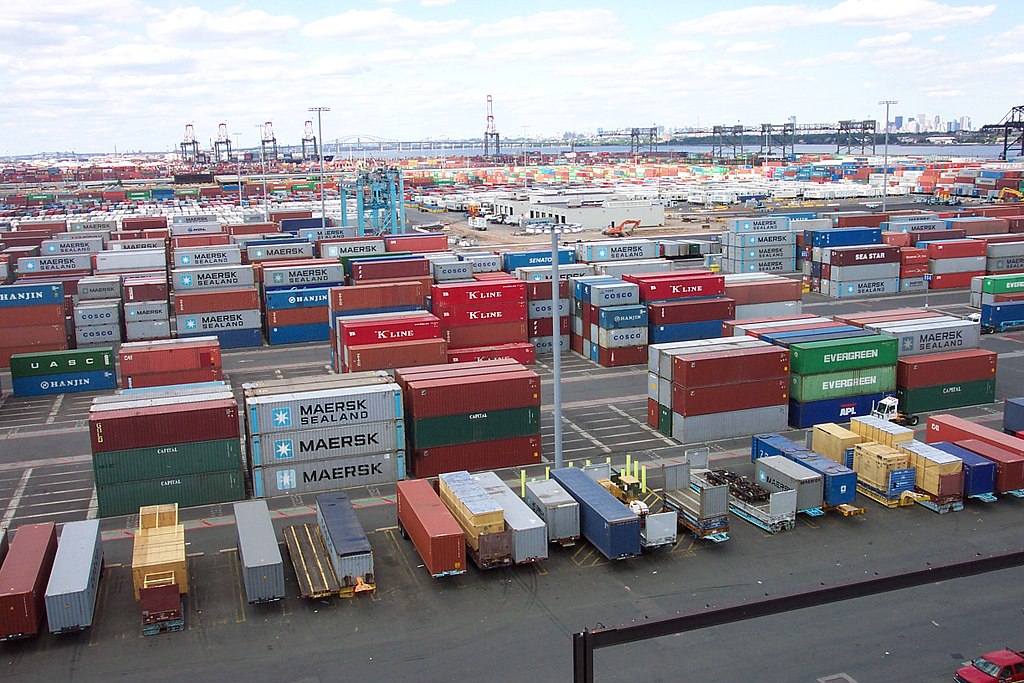Citing ‘injury’ to India’s domestic solar industry, the Directorate General of Trade Remedies (DGTR) has recommended a two-year safeguard duty on solar cells and modules imported from China and Malaysia – 25% in the first year, 20% for the first six months of the second year and 15% in the final phase.
Almost 90% of the solar panels used in Indian projects are imported from China and Malaysia, with their price typically 25-30% cheaper than locally made ones.
Other countries exporting solar equipment to India would be exempt from the proposed levy under the DGTR recommendation.
The DGTR – part of the Indian Commerce Ministry – said a 25% duty would protect domestic manufacturers from steep rises in the volume of inbound shipments of panels and cells. In its report, the government body stated the domestic solar industry had suffered from a surge in imports which has seen the domestic share of panel and module sales fall from 10% in 2014-15 to 4% in 2015-16, 8% in 2016-17 and 7% up to September 2017.
“This has caused [a] significant overall impairment to the domestic industry,” states the DGTR report. “The rise in imports – and coinciding serious injury caused to the domestic industry during the injury period – established causality.”
Industry observers believe the proposed move could hinder India’s ambitious solar plans by driving up the cost of solar power 15-30%.
In January, the Directorate General of Safeguards recommended levying a 70% provisional safeguard duty on imported solar panels and modules from China and Malaysia but the recommendation could not be implemented, due to a court order blocking it.
In the past three years India has initiated more than 130 anti dumping, countervailing duty and safeguarding recommendations cases, to deal with perceived unfair trade practices and to provide a level playing field for domestic manufacturers.
And protectionism is gaining traction internationally, with U.S. president Donald Trump applying a 30% tariff on imported solar cells and modules for a year, with duties declining to 15% four years later.
This content is protected by copyright and may not be reused. If you want to cooperate with us and would like to reuse some of our content, please contact: editors@pv-magazine.com.



1 comment
By submitting this form you agree to pv magazine using your data for the purposes of publishing your comment.
Your personal data will only be disclosed or otherwise transmitted to third parties for the purposes of spam filtering or if this is necessary for technical maintenance of the website. Any other transfer to third parties will not take place unless this is justified on the basis of applicable data protection regulations or if pv magazine is legally obliged to do so.
You may revoke this consent at any time with effect for the future, in which case your personal data will be deleted immediately. Otherwise, your data will be deleted if pv magazine has processed your request or the purpose of data storage is fulfilled.
Further information on data privacy can be found in our Data Protection Policy.